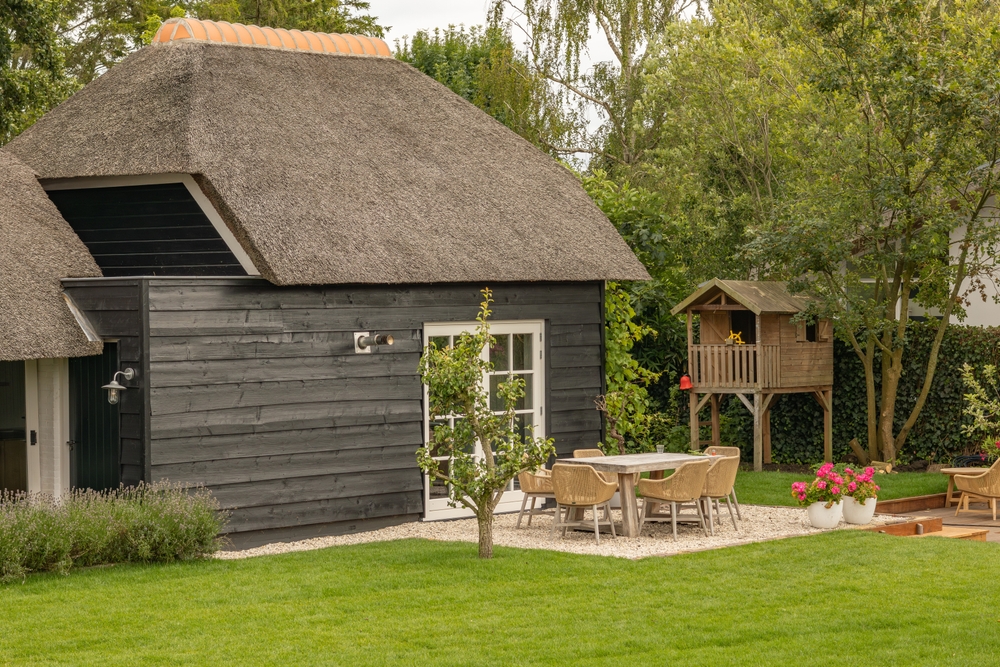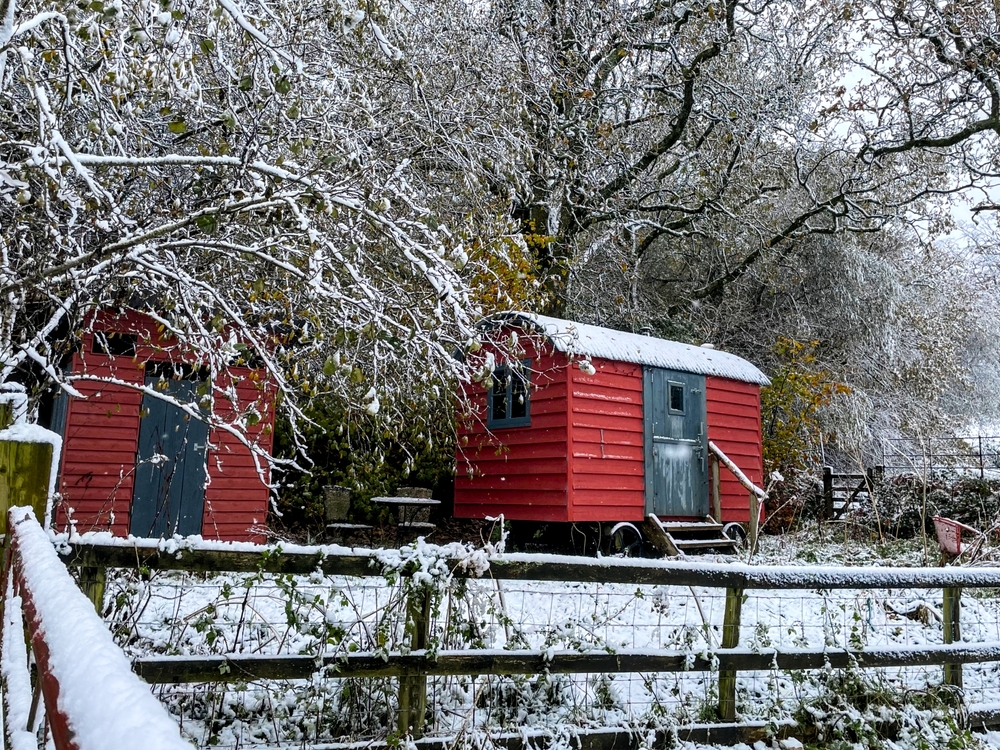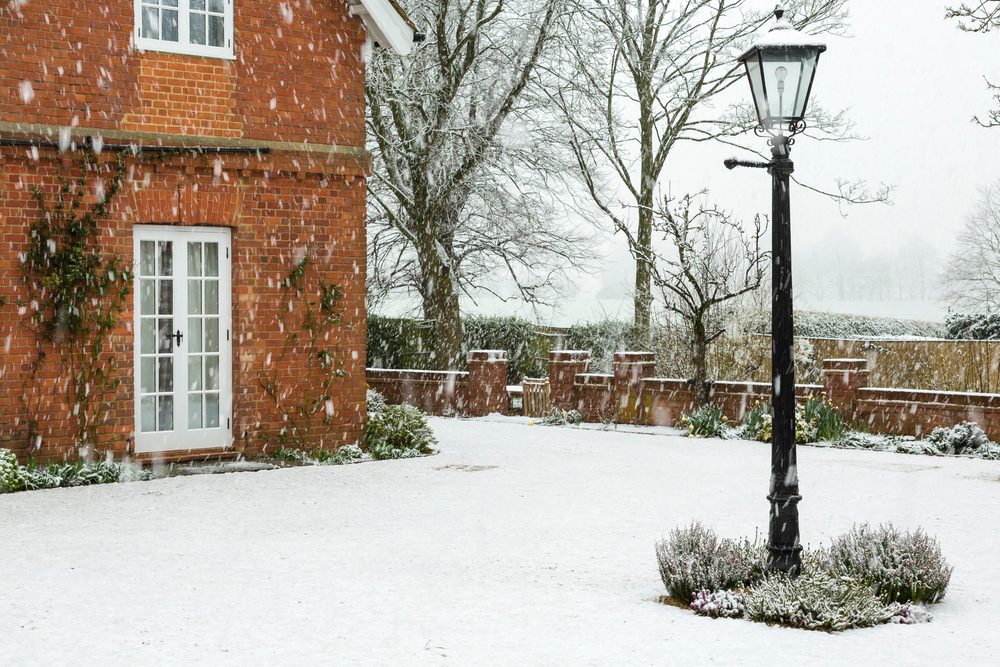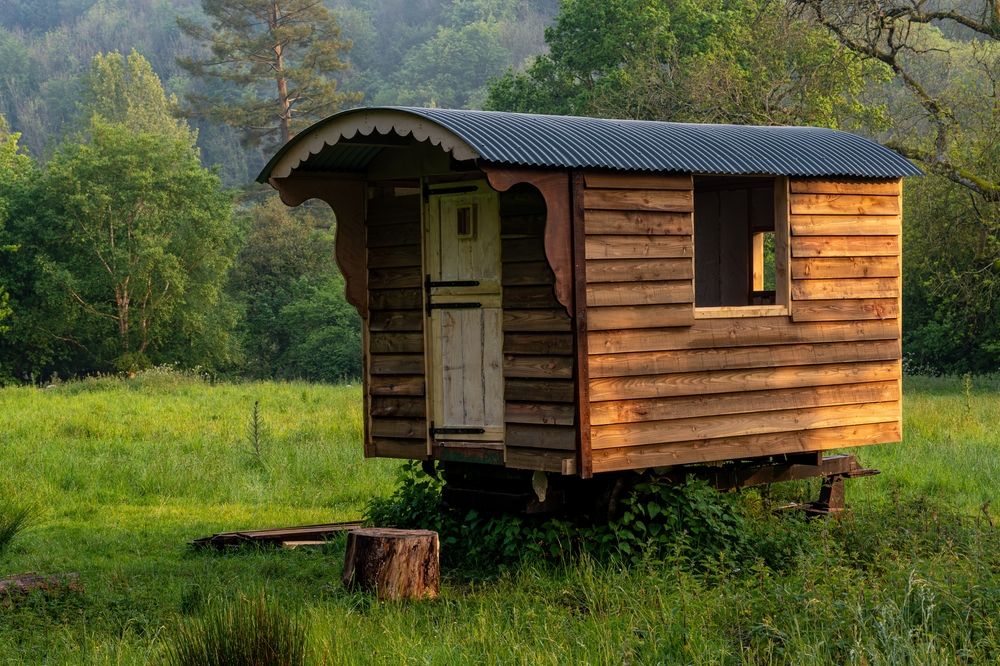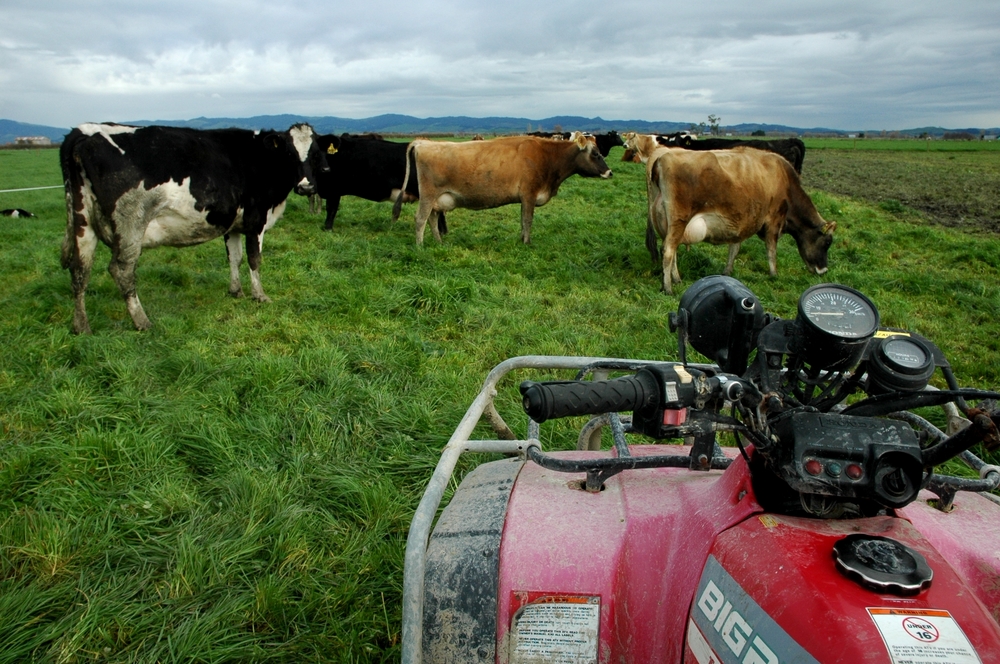Beach hut owners on Mudeford Spit, Dorset, are investigating the legal basis of proposals that could see their huts reclassified as second homes for council tax purposes.
BCP Council, which covers Bournemouth, Christchurch and Poole, plans to remove discounted tax rates on the iconic sandbank huts, meaning more than 300 owners may have to pay full council tax from April 2026, pending cabinet approval.
The Mudeford Sandbanks Beach Hut Association (MSBHA) has criticised the move, arguing that the policy is being applied to structures it describes as wooden sheds with no mains connections or individual toilet facilities.
There are 344 beach huts on the spit, many of which can only be stayed in overnight for part of the year and are used seasonally (typically up to 8 months annually). Despite their limited facilities, such as no running water, power, or private toilets, huts can command six-figure sale prices, sometimes reaching hundreds of thousands of pounds.
How Much Could Council Tax Increase for Mudeford Huts?
While 2026/27 council tax rates will be formally set in February 2026, estimates based on current Band A property rates (2025/26) indicate:
| Current council tax | Expected under second-home classification |
| £618 per year | £1,236 per year |
This represents a 100% increase, effectively doubling annual council tax liabilities for affected owners.
BCP Council hopes the change will generate approximately £211,000 in additional revenue to help address a £9 million budget shortfall.
The proposal will be debated by the council cabinet on 14 January 2026.
Rising Fees, Stagnant Services: Owners Voice Frustration
The reclassification comes at a time when beach hut owners are already experiencing sharp cost pressures. Annual fees have nearly tripled to over £5,200, as the council moves to standardise coastal charges.
Many owners argue that they might accept increased fees if infrastructure and services improved but report minimal investment in facilities for decades.
What This Means for Beach Hut Owners
If approved, this decision could set a wider precedent for beach hut taxation across the UK, raising important questions:
- How do councils define habitable property?
- Can seasonal, non-serviced structures be fairly taxed as residential homes?
- What legal challenges might arise from classification disputes?
One thing remains clear: beach huts are valuable assets exposed to weather, theft, fire, storm damage and coastal risk and require specialist insurance protection, now more than ever.
Protect Your Beach Hut with Specialist Insurance
At James Hallam, we arrange tailored insurance solutions designed specifically for coastal properties.
Whether your hut is for family use, rental income, or long-term ownership, having the right policy ensures you’re protected against unexpected financial loss.
Unlike traditional home insurance, a specialist policy can provide:
- Protection for high-value huts
- Storm, flood and coastal weather damage cover
- Fire and theft protection
- Public liability (important for rental owners)
- Contents cover designed for seasonal use
Protection for High-Value Huts
Our beach hut scheme provides cover for huts with a rebuild value up to £50,000 and contents up to £10,000.
If a hut’s rebuild value exceeds £50,000, it may fall outside the scheme limits. In these cases, we can explore alternative options, such as a specialist holiday home policy. Please note that this may not offer the same tailored cover as our beach hut scheme.
We work with specialist insurers and will always aim to place huts under the beach hut scheme where possible, provided the rebuild value is within the £50,000 limit. For huts above this threshold, we’ll advise on the most suitable alternative cover.
Get a quote or speak to our insurance specialists today



